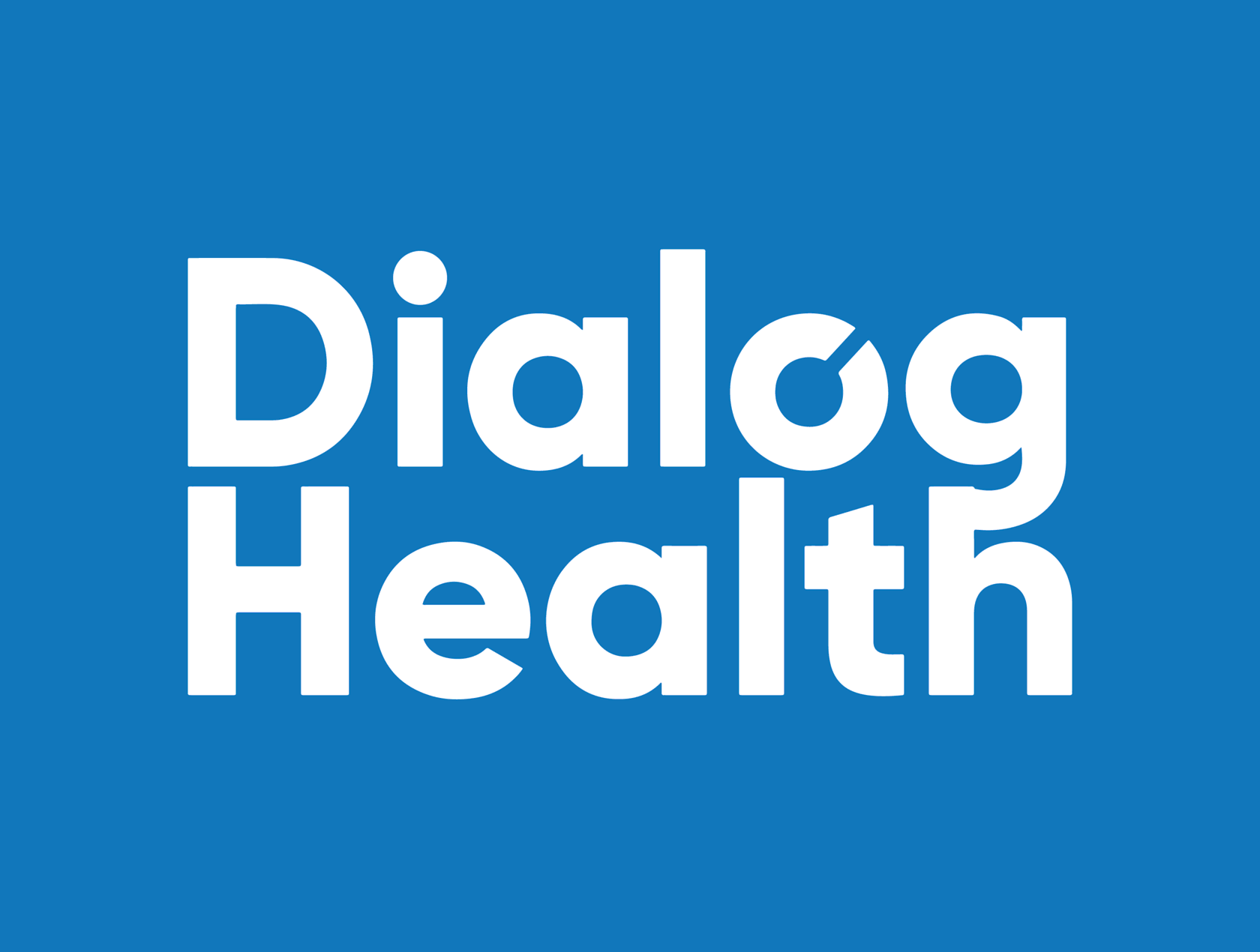- Stockholm (Sweden)
-
 Disability
Disability - 24 delegates
- October 2024
From 1 to 4 October 2024, a delegation of 24 professionals from the medico-social sector went to Stockholm as part of a study tour entitled ‘The inclusion of people with disabilities in Sweden’, organised in partnership with FEHAP. The aim of the study tour was to discover and analyse the Swedish model of support for people with disabilities, while promoting exchanges of practice between international professionals.
Why Sweden ?
Sweden, like its Nordic neighbours, is often held up as an example for its inclusion policies for people with disabilities. The LSS Act (Lagen om stöd och service till vissa funktionshindrade) makes inclusion a fundamental right, guaranteeing everyone access to appropriate services. The medico-social players, mostly public or not-for-profit, offer a wide and complementary range of services, focused on the autonomy and social participation of individuals. At the heart of this approach is the concept of ‘empowerment’, which aims to strengthen people's abilities to achieve greater autonomy throughout their lives.
The aims of this study tour were to explore innovative practices in Sweden in terms of support for people with disabilities, and in particular to analyse the differences with France, especially in the field of inclusion and users' rights.
On the first day, the delegation was welcomed by Erik Svanfeldt, International Coordinator in the Health and Social Care Division of SALAR International (Swedish Association of Local Authorities and Regions). The presentation provided an overview of the health and social care system in Sweden, with a particular focus on the organisation of regions and municipalities, which are key to the implementation of inclusion policies. This context gave the delegation a better understanding of the visits planned throughout the week.
Then, the visits began on the second day with three establishments run by Nytida, a not-for-profit organisation committed to the inclusion of people with disabilities:
The second day ended with a tour a group home run by Frösunda, an organisation that focuses on innovative technologies to promote self-determination and communication for people with disabilities, even when their physical abilities are limited. The architecture of its group homes is designed to blend harmoniously into the local community, making it easier for residents to participate in social life. The visit, accompanied by Farzam Mohabbati, Director of Strategy and Development, demonstrated the importance of technology in improving the quality of life of people receiving support.
On the third and last day, Attendo represented by Stina Holmlund Kelly, Head of Disability Care, presented its initiatives to provide an active and independent life for people with disabilities. Attendo manages group homes for adults and children with special needs, as well as short-term accommodation. In addition to these services, the organisation offers adapted day-to-day activities and individualised support, enabling it to meet the specific needs and expectations of each user.
Then, the delegation had the opportunity to go to Glasade Gången, restaurant that offers a working environment adapted to people with disabilities. By offering them a variety of tasks in the kitchen and in service, this establishment enables them to develop professional skills while contributing to a high-quality culinary experience for customers. During our visit, we had the chance to go behind the scenes of this initiative before enjoying a delicious lunch prepared on site.
The study tour ended with a visit to Medis 5, a unique centre dedicated to audiovisual activities for people with mild intellectual disabilities. The centre promotes artistic and cultural expression as a means of inclusion, overcoming the limitations associated with disability. Discussions with Marita Jonols, Deputy Director, Mats Erickson, Head of Operations, and the centre's artists enabled the delegation to witness inspiring artistic performances, reflecting the power of art to boost self-confidence and social integration.
This international mission was an enriching opportunity to explore innovative approaches already implemented in Sweden, while promoting exchanges on best practices. The meetings opened up new prospects for improving the quality of life of people with disabilities, their families and carers in France. Drawing inspiration from Sweden's successes, the delegation will return home with concrete ideas for enhancing the inclusion and independence of people with disabilities.
Sweden, like its Nordic neighbours, is often held up as an example for its inclusion policies for people with disabilities. The LSS Act (Lagen om stöd och service till vissa funktionshindrade) makes inclusion a fundamental right, guaranteeing everyone access to appropriate services. The medico-social players, mostly public or not-for-profit, offer a wide and complementary range of services, focused on the autonomy and social participation of individuals. At the heart of this approach is the concept of ‘empowerment’, which aims to strengthen people's abilities to achieve greater autonomy throughout their lives.
The aims of this study tour were to explore innovative practices in Sweden in terms of support for people with disabilities, and in particular to analyse the differences with France, especially in the field of inclusion and users' rights.
On the first day, the delegation was welcomed by Erik Svanfeldt, International Coordinator in the Health and Social Care Division of SALAR International (Swedish Association of Local Authorities and Regions). The presentation provided an overview of the health and social care system in Sweden, with a particular focus on the organisation of regions and municipalities, which are key to the implementation of inclusion policies. This context gave the delegation a better understanding of the visits planned throughout the week.
Then, the visits began on the second day with three establishments run by Nytida, a not-for-profit organisation committed to the inclusion of people with disabilities:
- Kung Saga Gymnasium : This secondary school puts the arts (theatre, music, visual arts, dance) at the heart of its educational project, making learning more fun and accessible. Erik Rundcrantz, Headmaster of the school, presented the school's organisation, designed to meet the specific needs of each pupil. The visit concluded with a dance performance by the pupils, illustrating the positive impact of the artistic approach on their inclusion.
- Kista Jobb : This establishment helps people who are looking for a job, an internship or training. Jon Svensson, coach at Kista Jobb, welcomed the delegation and explained how the centre works. Discussions with Carl and Olivia, two trainees under Jon's supervision, gave a better understanding of the challenges and successes of their integration into the world of work.
- Spånga Nord & Syd : A sheltered work facility offering activities tailored to the aspirations and goals of people with disabilities. The managers, Anna Nordh, Opérations Manager et Heidi Ekström, Regional Manager, guided the delegation through the facilities, presenting the five areas of activity on offer: employment & training, culture & creativity, training & health, animals & nature, and people & relationships. This range allows everyone to choose an activity that suits their personal interests.
The second day ended with a tour a group home run by Frösunda, an organisation that focuses on innovative technologies to promote self-determination and communication for people with disabilities, even when their physical abilities are limited. The architecture of its group homes is designed to blend harmoniously into the local community, making it easier for residents to participate in social life. The visit, accompanied by Farzam Mohabbati, Director of Strategy and Development, demonstrated the importance of technology in improving the quality of life of people receiving support.
On the third and last day, Attendo represented by Stina Holmlund Kelly, Head of Disability Care, presented its initiatives to provide an active and independent life for people with disabilities. Attendo manages group homes for adults and children with special needs, as well as short-term accommodation. In addition to these services, the organisation offers adapted day-to-day activities and individualised support, enabling it to meet the specific needs and expectations of each user.
Then, the delegation had the opportunity to go to Glasade Gången, restaurant that offers a working environment adapted to people with disabilities. By offering them a variety of tasks in the kitchen and in service, this establishment enables them to develop professional skills while contributing to a high-quality culinary experience for customers. During our visit, we had the chance to go behind the scenes of this initiative before enjoying a delicious lunch prepared on site.
The study tour ended with a visit to Medis 5, a unique centre dedicated to audiovisual activities for people with mild intellectual disabilities. The centre promotes artistic and cultural expression as a means of inclusion, overcoming the limitations associated with disability. Discussions with Marita Jonols, Deputy Director, Mats Erickson, Head of Operations, and the centre's artists enabled the delegation to witness inspiring artistic performances, reflecting the power of art to boost self-confidence and social integration.
This international mission was an enriching opportunity to explore innovative approaches already implemented in Sweden, while promoting exchanges on best practices. The meetings opened up new prospects for improving the quality of life of people with disabilities, their families and carers in France. Drawing inspiration from Sweden's successes, the delegation will return home with concrete ideas for enhancing the inclusion and independence of people with disabilities.
Subscribe to our newsletter
Once a month you will learn about our latest tours.
By clicking the button you agree to our Privacy Policy
Photos
Previous tours

